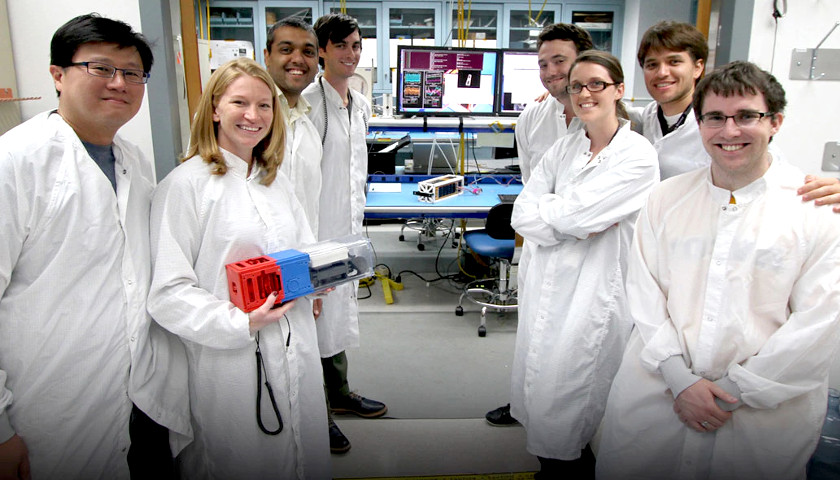by Michael Liccione
The prestige of science in our culture is well-earned.
That scientists discover truths (or at least serviceable approximations to truths) is undeniable. The evidence for that is how successfully scientific findings have been applied for centuries as technology, which has improved life greatly for countless people.
Sound science depends on methodologies that are as objective as possible, in the sense of being designed to minimize various forms of bias. Through objective methodologies we can discover what is really the case, versus what we want or expect to be the case. It’s how science corrects its errors over time and makes progress.
But scientific progress is now threatened by a new form of ideology. This time around it’s not religious ideology, but political.
It’s not news that identity politics and two of its intellectual pillars—the push for “diversity” and the theory of “intersectionality”—have strongly influenced the practice of the social sciences. A good deal of the peer-reviewed literature in sociology, political science, and even psychology is now produced from that perspective, and amounts to political advocacy. This decline in the objectivity of the social sciences is seen by many as a virtue, because the bias is seen as favoring the right sorts of people: the “oppressed.”
However, such politicization is now beginning to affect the hard sciences as well. In a new article for City Journal, Heather Mac Donald, the Thomas W. Smith Fellow at the Manhattan Institute and author of the forthcoming The Diversity Delusion: How Race and Gender Pandering Corrupt the University and Undermine Our Culture, offers just a small sampling of her research showing how science has become politicized.
Consider the following two examples I found most alarming.
First: “The National Science Foundation (NSF), a federal agency that funds university research, is consumed by diversity ideology.” Mac Donald notes that one of the stated goals of the diversity regime is to improve the quality of research by broadening the demographic pool from which scientists are drawn. But as she acidulously observes:
“Somehow, NSF-backed scientists managed to rack up more than 200 Nobel Prizes before the agency realized that scientific progress depends on “diversity.” Those “un-diverse” scientists discovered the fundamental particles of matter and unlocked the genetics of viruses. Now that academic victimology has established a beachhead at the agency, however, it remains to be seen whether the pace of such breakthroughs will continue.”
Second: “The National Institutes of Health are another diversity-obsessed federal science funder.” One illustration of the obsession:
“The NIH threatens to yank any training grant when it comes up for renewal if it has not supported a sufficient number of ‘underrepresented minorities’ (URMs). One problem: there are often no black or Hispanic M.D.s to evaluate for inclusion in the training grant. If there is a potential URM candidate, the principal investigators will pore over his file in the hope of convincing themselves that he is adequately qualified. Meantime, the patently qualified Indian doctor goes to the bottom of the résumé pile. For now, medical schools can claim Argentinians and the sons of Ghanaian plantation owners as URMs, but if NIH bean-counters become more scrupulous in their ‘diversity metrics,’ this aspect of biomedical research will reach an impasse.”
Mac Donald’s article also explains how the push for racial and gender diversity is leading to the lowering of academic standards in the hard sciences. No doubt her book will contain even more detail.
It’s hard to say how much identity politics will actually harm STEM fields. But whenever a political goal, however worthy, takes precedence over results, the future is not promising.
– – –
Michael Liccione earned his PhD in philosophy from the University of Pennsylvania and his BA in philosophy and religion from Columbia University. He has taught in a number of institutions, mostly Catholic, including the Catholic University of America, the University of St. Thomas (Houston), and Guilford Technical Community College. His conventional publications have appeared in The Thomist, First Things, National Review, and Christifideles; his personal blog is Sacramentum Vitae.
Appeared at and reprinted from IntellectualTakeout.org




